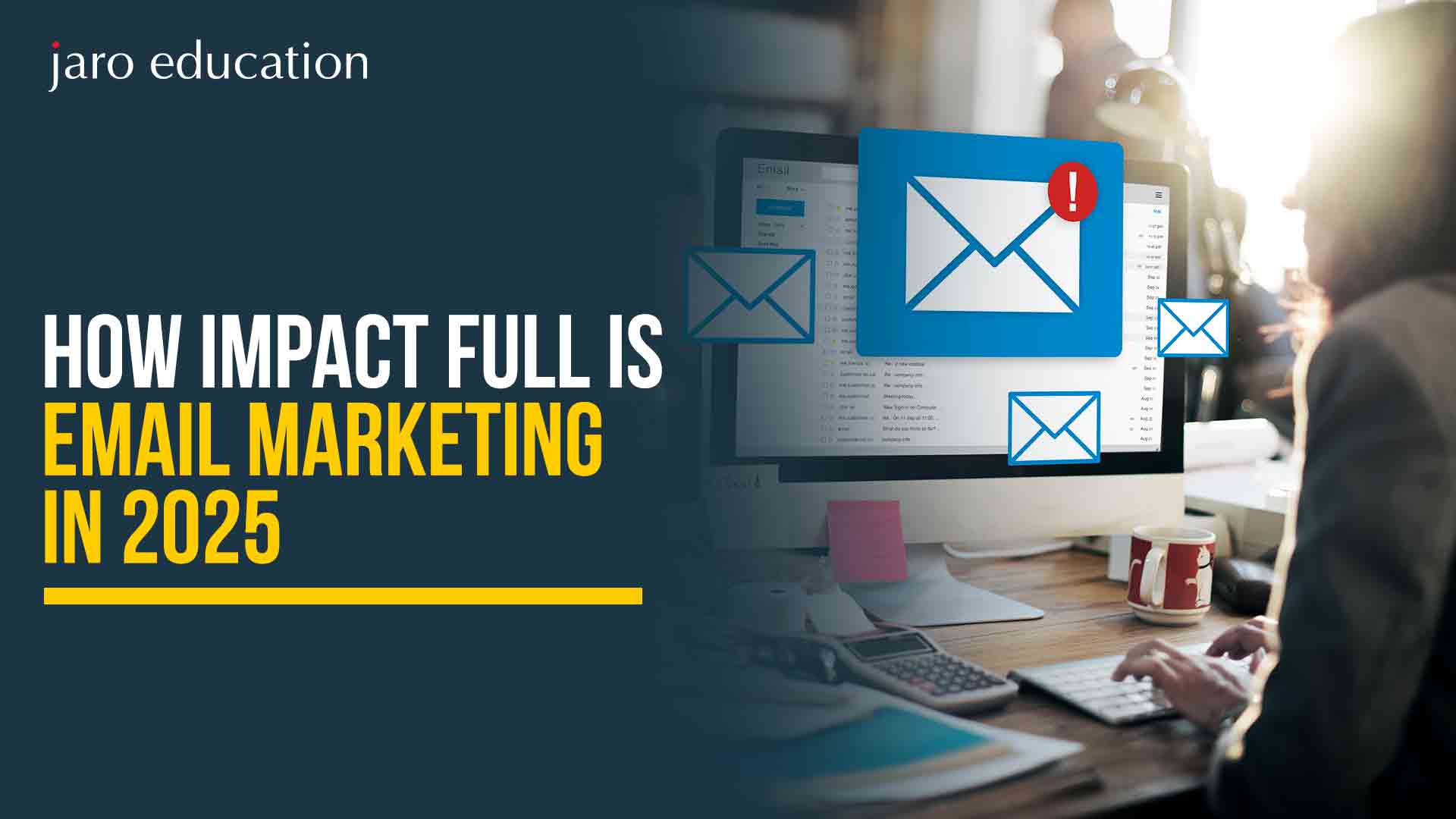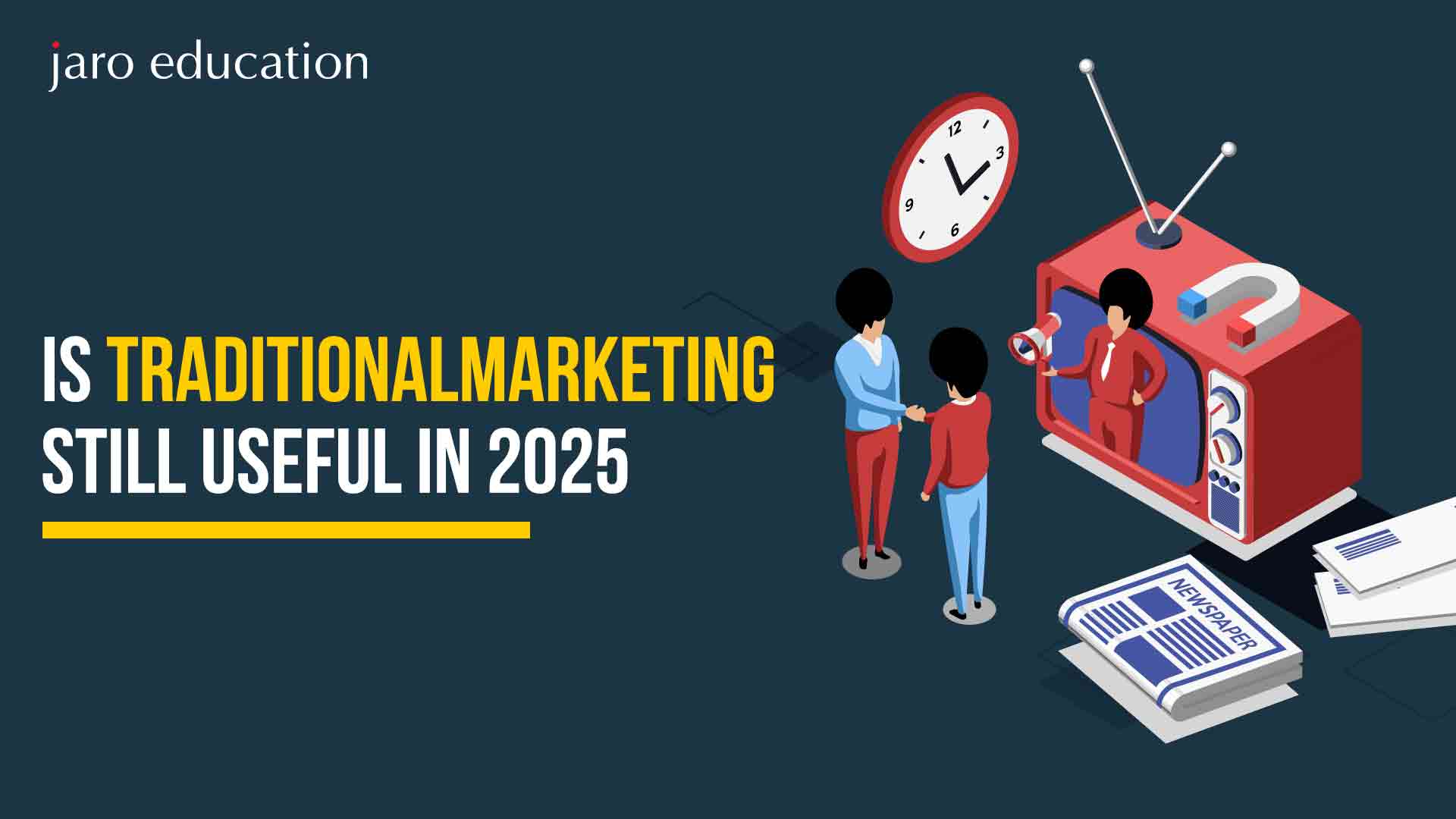Marketing Analytics: The Key to Smarter Business Decisions
Table of Contents
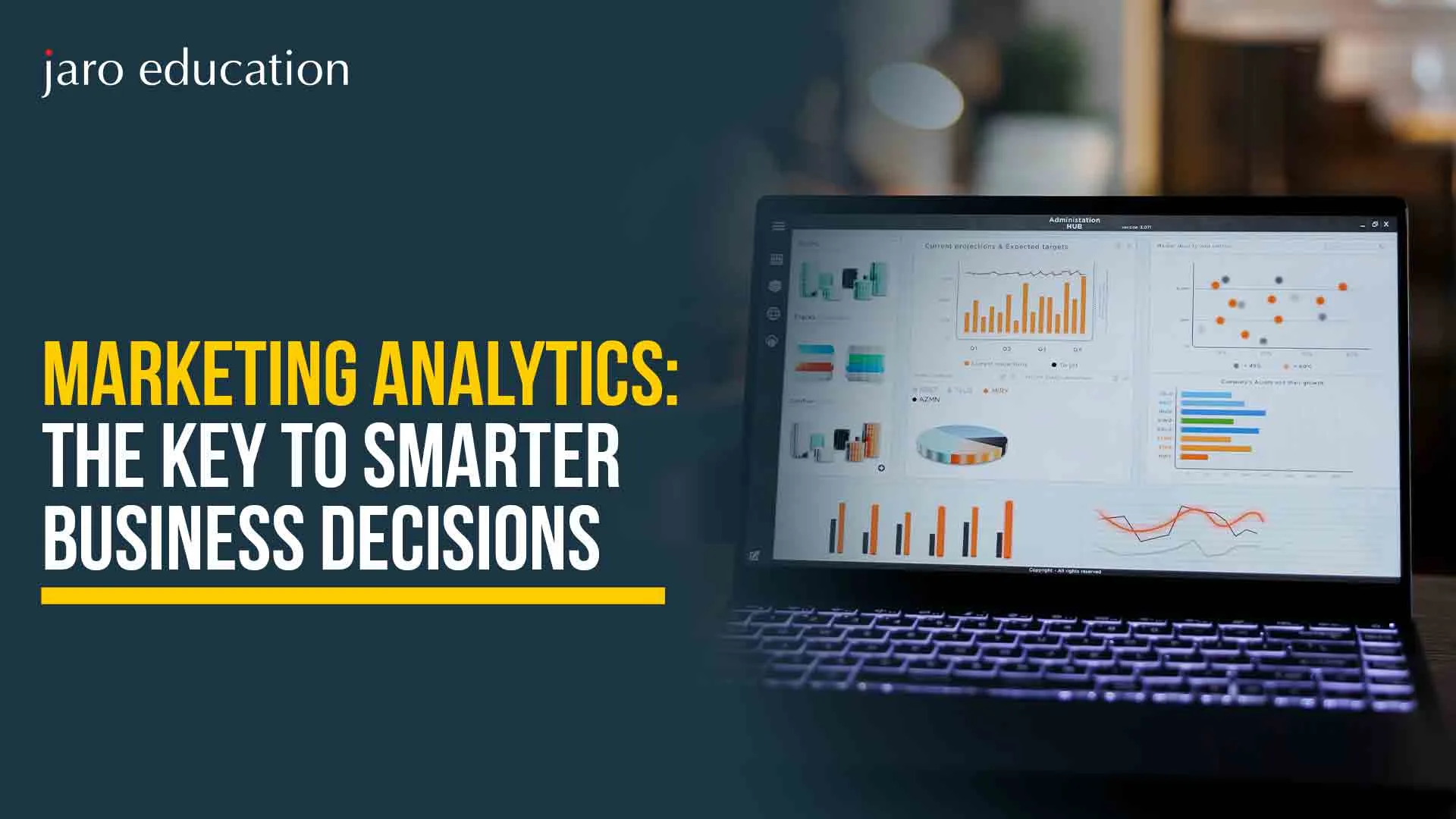
Ever felt like you launched a campaign, crossed your fingers, and hoped something sticks? You’re not alone.
Whether you’re managing a small brand, handling big-budget ads, or trying to decode social media chaos, guesswork still creeps in. And while instinct can be great, it’s not a strategy.
So here’s the big question:
Are your marketing decisions backed by actual insights or just… vibes?
If you’ve ever wondered whether your campaigns could hit harder, cost less, or simply make more sense—this is where marketing analytics walks in like a hero.
Let’s unpack it all.
What is Marketing Analytics?
Okay, not the dictionary version. Real talk.
Marketing analytics is about collecting, measuring, and interpreting data to figure out what’s working, what’s not, and why.
You’re looking at the numbers behind your content, your ads, your emails, your social media posts—and asking:
- Who’s clicking?
- Who’s bouncing?
- Who’s buying?
- And what moved them?
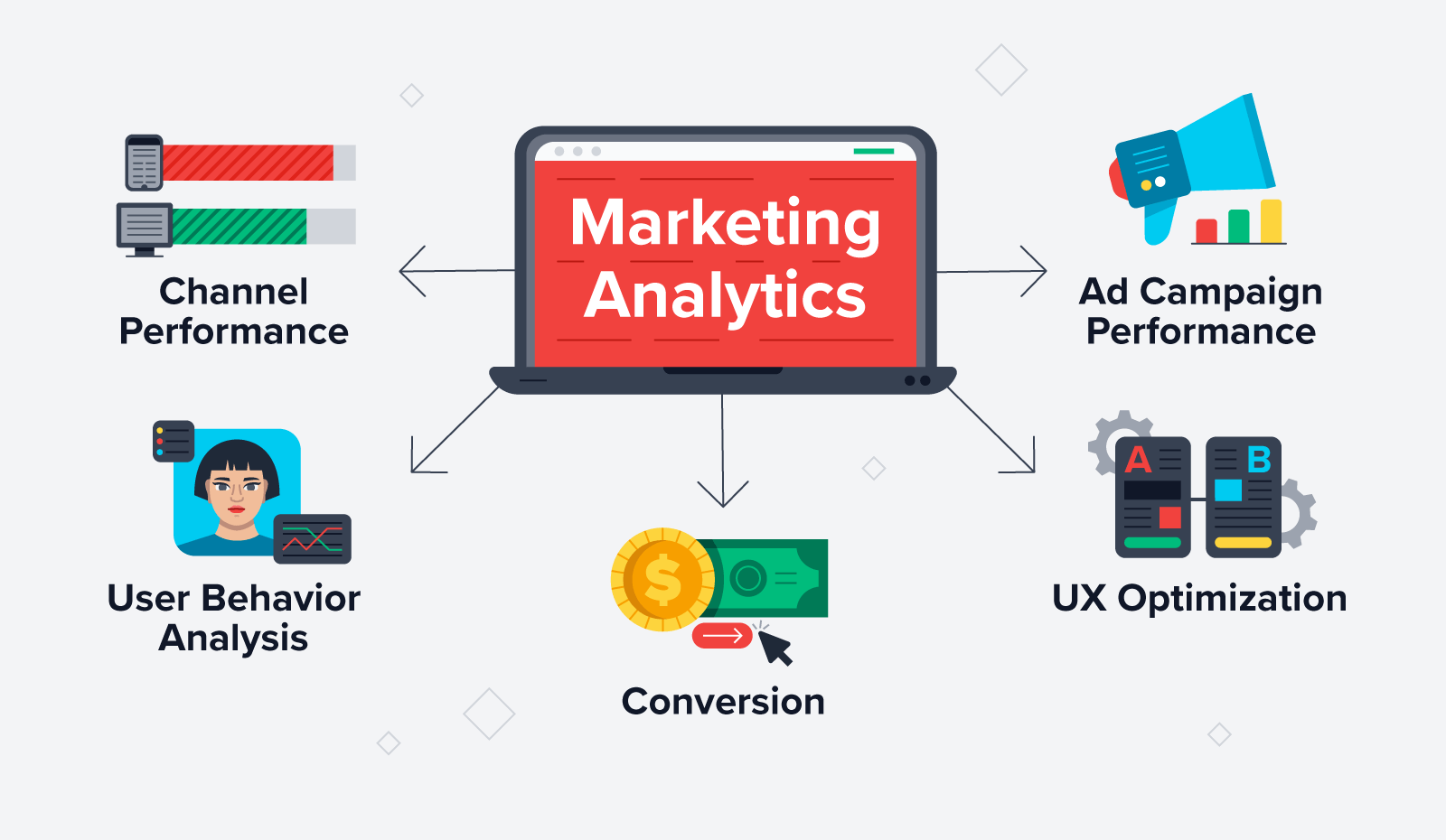
*clevertap.com
At its core, marketing analytics is the GPS that keeps your campaigns from wandering. It’s not about drowning in dashboards. It’s about turning data into decisions.
Why Marketing Analytics Isn’t Just for Data Nerds Anymore?
Once upon a time, analytics lived in spreadsheets and scared away marketers who preferred ideas over integers.
Now? You need it to compete.
Because here’s the thing: your competitors are already using marketing analytics—and if they aren’t, great news, you’re about to leapfrog them.
Data isn’t just a numbers game anymore—it’s a power move.
If you’re:
- Spending on digital marketing channels (like social, search, email)
- Trying to reach the right people
- Struggling to prove ROI
…then analytics isn’t optional. It’s essential.
Still feel like it’s not your thing? Stick with me. You don’t need to become a data scientist—just a smarter marketer.
The Real-World Advantages of Marketing Analytics
Let’s break this down. No fluff. No buzzwords. Just real outcomes.
1. Clarity Over Chaos
Data gives you context.
Which means no more “I think the Instagram ads worked.” You’ll know.
2. Smarter Investment Decisions
Marketing analytics advantages include budget optimization.
So, you can easily find out which campaigns convert and stop pouring money into ones that don’t.
3. Better Audience Insights
What do your customers do after seeing your content? Analytics tells you.
You’ll know when to reach them, on which channel, and what to say.
4. Real-Time Campaign Optimization
Imagine catching an underperforming campaign on Day 2 instead of Month 2.
Analytics = agility.
5. Building Long-Term Strategy
Every report, every metric, builds a clearer picture of what your audience loves (and doesn’t like).
The result? Smarter, sharper, long-term strategy.
Best Digital Marketing Analytics Tools for Modern Marketers
Now to the part you’ve been waiting for – the tools that can help you out with all this technicality.
There’s no shortage of marketing analytics tools out there, but here are a few that consistently deliver for marketers across industries:
- Google Analytics (GA4): The most loved among marketers! It allows you to track where your traffic is coming from, how people behave on your site, and what’s converting.
- HubSpot: If you want a mix of CRM + marketing automation + deep analytics in one place, HubSpot’s got you.
- Hootsuite & Sprout Social: Social media analytics made digestible. These tools provide insight into engagement, sentiment, and performance, as well as having a scheduling feature.
- Tableau & Power BI: More advanced, but incredibly powerful for visual storytelling through data. It’s great and widely preferred for teams that want dashboards with depth.
- Shopify & eCommerce Analytics Tools: For product-based businesses, tools like Shopify’s built-in reports or Mixpanel give deep customer journey insights.
Tip: Don’t get overwhelmed. Start with what aligns with your current digital marketing channels and scale from there accordingly.
Role of Analytics in Digital Marketing Channels
So, how does this play out across actual platforms? Here are the answers:
- Email Marketing: Track open rates, click-through rates, and heat maps. You’ll learn when to send and what subject lines resonate.
- Social Media: Instagram, LinkedIn, Twitter – all give built-in insights. Layer on third-party tools, and you’ll get post-performance, audience growth trends, and even competitor analysis.
- Search Engines (SEO + SEM): Google Search Console, SEMrush, Ahrefs, all let you see keyword performance, backlinks, and bounce rates. It’s not just about ranking, it’s about why you’re ranking.
- Website + Landing Pages: Heatmaps, user journeys, bounce rates, page scrolls. These metrics show what’s working and what needs fixing.
When paired with marketing analytics, these channels become a connected ecosystem of customer insight.
How to Start Using Marketing Analytics Like a Pro
If you’re sitting there wondering, “Okay, but how do I get started?” good. Because that means you’re already ahead of the curve.
Step 1: Begin With the Right Questions
Don’t rush into dashboards. Ask:
- What do I want to know?
- What decisions do I need to make?
- What would success look like?
Step 2: Track Actionable KPIs
Not everything that counts can be measured—but you can measure what matters:
- Conversion rate
- Customer acquisition cost
- Engagement metrics
- ROI per campaign
Step 3: Automate Useful Reporting
Automated weekly snapshots > digging into spreadsheets once a quarter.
Step 4: Run Tests & Embrace Iteration
Test subject lines. Test creatives. Test landing pages.
Marketing analytics thrives on trial-and-error.
The Human Side of Data: It’s Not All Numbers
Let’s not forget something important: You’re not a robot. And neither is your customer. And marketing analytics doesn’t replace human creativity. It elevates it.
Think of data as your collaborator – feeding your instincts, validating your ideas, and sharpening your campaigns.
Here’s a real moment to sit with:
Every click, every bounce, every conversion—it’s a person making a choice. Marketing analytics just helps you understand those choices so you can make better ones in return.
So yeah, it’s numbers. But it’s also behavior. Psychology. Emotion. Storytelling.
All the stuff that still makes marketing magic.
Key Takeaways on Marketing Analytics Advantages for Professionals
- Marketing analytics is how you turn data into better decisions.
- It’s not just for number nerds—every marketer needs it now.
- The advantages? More clarity, less waste, real-time adjustments.
- Use the right tools: Google Analytics, HubSpot, Hootsuite, Tableau.
- Analytics + digital marketing channels = unstoppable strategy.
- Start small, ask smart questions, and track KPIs that matter.
- Most importantly, don’t lose the human behind the data.
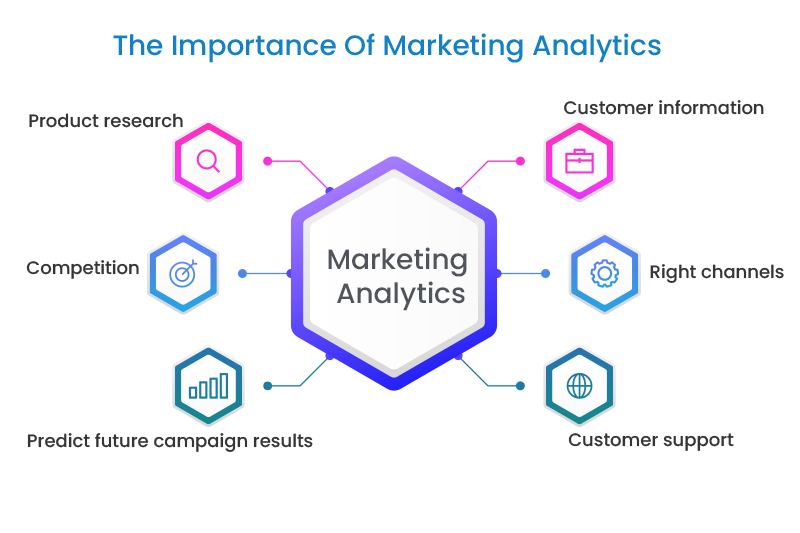
*deetaanalytics.com
Ready to Level Up with Real-World Marketing Analytics?
Now the question is, how do you go from “I get the theory” to “I can lead strategy with data-backed confidence”?
Well, think no more and let Jaro Education help you out with it. As India’s most trusted online higher education company, we bring a world-class programme in partnership with none other than IIM Mumbai—yes, you read that right.
Executive Certificate Programme in Advanced Marketing Analytics & Management – IIM Mumbai
This isn’t just another online certification; instead, it’s a real core of marketing analytics, designed for working professionals who want more than theory. This programme blends live online learning with practical application, real business case studies, and on-campus immersion that makes you think beyond the slides.
What’s more? Well, with the right mentors, real insights, and a badge of credibility from one of India’s top B-schools.
Spots are limited, and demand is high. So, don’t wait until “someday.” The future of marketing is already here. Enroll now!
Conclusion
If you’ve made it this far, you already know this isn’t just another trending topic you should just be aware of. Marketing analytics is powerful; however, it comes with a condition: you must know how to use it.
So, let marketing analytics advantages be the edge that sets you apart, not just as a marketer, but as a modern professional who makes decisions with purpose, clarity, and results.
Frequently Asked Questions
Which marketing analytics tools are best for beginners?
Mostly Google Analytics, HubSpot, and SEMrush are great starting points. The user-friendly dashboards and insights of these tools make marketing analytics easier to grasp.
What are the major advantages of using marketing analytics in a competitive market?
Improved targeting, better customer insights, cost efficiency and the ability to measure campaign success in real-time are key marketing analytics advantages.
What are the job opportunities after completing a marketing analytics course?
Job roles like Marketing Analyst, Growth Manager, Data-Driven Marketer, and CRM Specialist are actively hiring professionals skilled in marketing analytics.
Which industries are hiring professionals with marketing analytics skills?
From e-commerce to healthcare, fintech to SaaS—any business using digital marketing channels is looking for talent with strong marketing analytics knowledge.
Is there a difference between digital marketing courses and marketing analytics courses?
Yes. Digital marketing courses teach strategies and execution; marketing analytics courses focus on measurement, optimization, and data interpretation.














